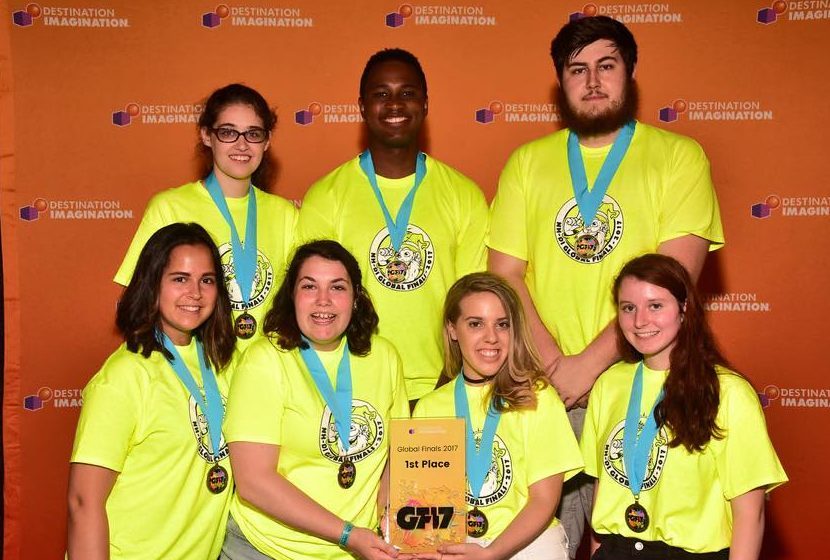In recent years, vaping has become a large part of the culture of young Americans. It has evolved from a method to quit smoking to a social movement with its own following. Vape clouds can often be seen floating on the streets, along walkways of college campuses and in high schools across the country. While this might seem unlikely, more than two million middle and high school students were e-cigarette users in 2017, and this number is only going to grow if nothing is done about it.
To aid with this epidemic, the Food and Drug Association (FDA) has passed new guidelines that target the main brands and culprits of underage vaping: JUULs, Vuse, MarkTenXL, Blu e-cigs and Logic. These manufacturers as well as different distributors of the brands have been illegally selling to minors. This results in a nicotine addiction at a young age. To best protect minors, the FDA has issued more than 77,000 warning letters, 135 no-tobacco sale complaints and 18,560 civil money penalty cases to these brands and companies as of September 1, 2018.
In addition to launching an anti-vaping campaign aimed at teens and potentially ceasing online sales, this statement was released by the FDA on September 12, 2018:
“The agency is asking each company to submit to the FDA, within 60 days, how they will address widespread youth access and use of their products. If they fail to do so […] may require brands to remove some or all flavored products that contribute to the rise in youth use, until they receive premarket authorization and otherwise meet all obligations under law.”
What do students think about all of this? A couple of students here at SNHU gave some new insight on this epidemic with underage vaping and use of e-cigarettes in regards to the new laws to be passed by the FDA.
“It is a good idea to stop people from starting. If you don’t already [use] JUUL, don’t start now.” said Ryan Ulcickas (’22), a freshman at SNHU.
Another freshman, Jacob DaRosa (’22), agreed with this by saying, “The reason I began using JUUL and vaping was because a lot of my friends in high school did it. I think it is important to stop underage use because kids are getting addicted [to nicotine] at a young age.”
Both students think that it would be difficult for the FDA to crack down on usage because the kids are always going to find a way to do something. “If you have willpower, you have a way,” said Ulcickas.
DaRosa said that he would no longer continue vaping or using JUUL if the flavors were taken out of the picture, but Ulcickas had a different insight.
“The tobacco flavors are gross, and having no flavor also seems gross. I would still do it because I like the thrill of it, and I think this is part of the problem for kids, too,” Ulcickas said.
Both students also had some interesting thoughts about the effects of these new implementations on college campuses, and how college students may react. They suggested that this may lead to using cigars or cigarettes. Or, they could quit altogether, which could lead to withdrawal symptoms such as depression.
What do you think? Will this be the end of the JUUL era, or will JUUL be able to come up with a plan that is effective enough to stop underage use while also maintaining their flavors? Should flavors be taken away? How do we stop underage vaping and smoking?
It starts with a simple message: it’s not always cool to JUUL.




